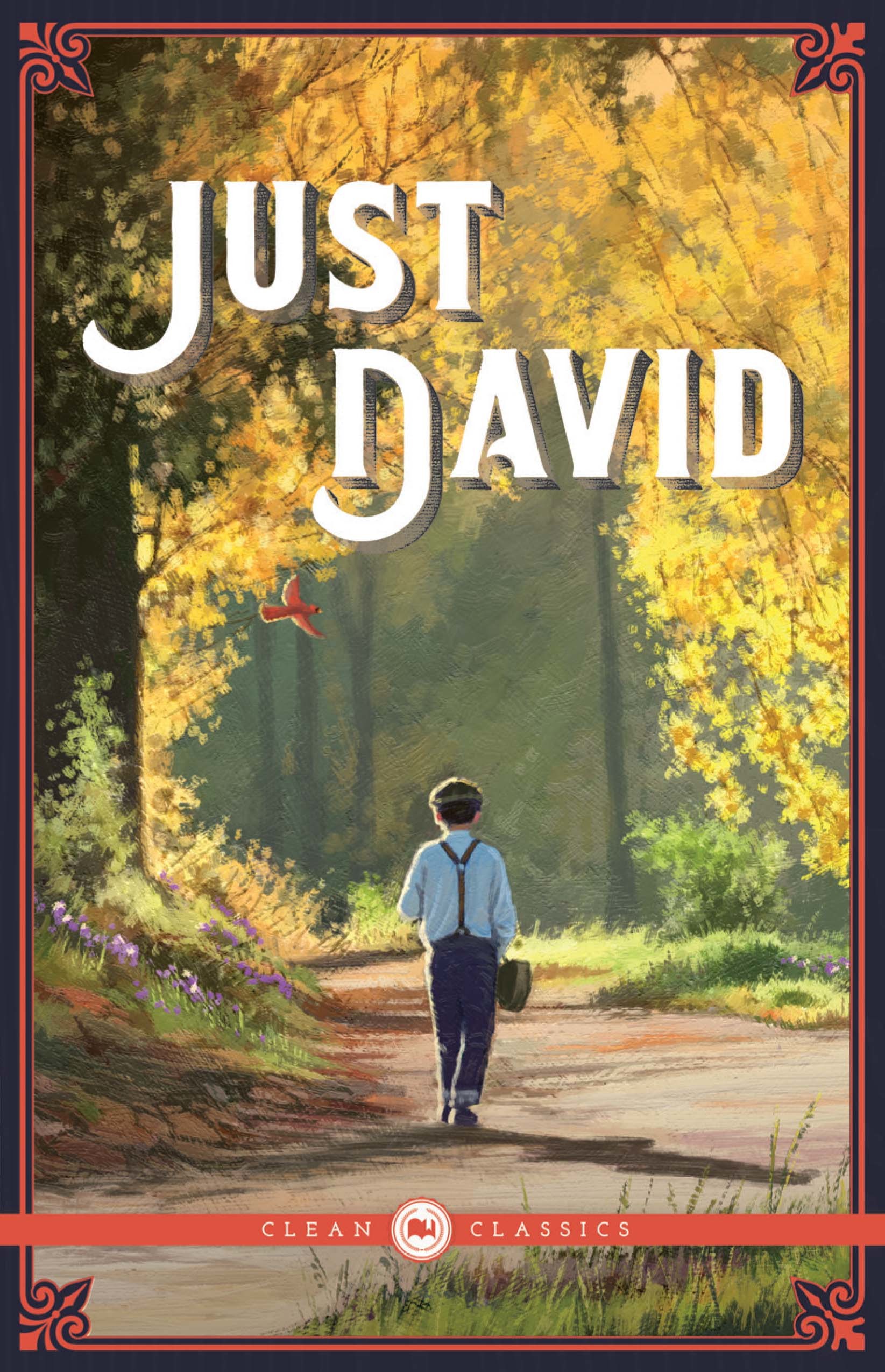Jack and Jill
byJack and Jill opens with a moment of sadness that lingers. David, trying to comfort Miss Holbrook with music, meets only silence and a cold dismissal. Her sorrow seems sealed, too deep for even a violin’s tenderness to reach. Disturbed but not defeated, David leaves the house with a heavy heart. He wonders how someone surrounded by beauty could be so filled with pain. Rather than dwell on confusion, he sets off into the village in search of lightness and perhaps someone to share joy with. What he finds, though, is a far different lesson—one about cruelty and the strength it takes to oppose it.
At the edge of a village lot, David discovers boys roughly his age gathered in noisy mischief. They appear amused at his presence, mocking his violin and strange manners. Despite the teasing, David mistakes their attention for friendship and agrees to play his music. But his cheer turns to shock when he realizes the boys plan to harm a kitten. Their idea of fun involves fear and torment, something David cannot tolerate. His refusal to perform stirs anger among them. Words turn into shoves, and a fight erupts. Though David is smaller and alone, he defends the kitten without hesitation. It isn’t bravery rooted in pride, but in compassion.
As the scuffle unfolds, a young girl rushes away in tears, seeking someone who can stop the chaos. She finds Jack, who arrives swiftly and brings order with his presence. The boys scatter. David, though bruised and bloodied, clutches the kitten, more concerned for it than for himself. Jack, recognizing both courage and innocence, carries David and the kitten back to his home, where the girl—Jill—tends to them gently. She thanks David for protecting her pet, touched by his selflessness. The moment is tender, filled with quiet admiration. Something in David’s act awakens understanding between strangers who have just met.
The story begins to shift here. Jack, whose life has been marked by disappointment and skepticism, sees in David something genuine. Not just kindness, but clarity—a boy who lives by values that many abandon in adulthood. Jill, too, is struck by how much David risked for a creature he didn’t even know. They welcome him in, not just to offer care, but to understand him. Conversation follows, rich with curiosity. David shares how his father taught him jiujitsu, not for violence, but to protect what is good. His Latin phrases and mountain tales sound strange to them, but they listen closely.
As David rests, Jack and Jill talk privately. The boy they’ve just met challenges assumptions they hold about strength, kindness, and loneliness. Jill wonders if people like David—so openly good—can survive a world that often punishes innocence. Jack remains quiet, visibly moved. He remembers someone from his past who once believed in joy too. Slowly, through David’s presence, memories start to resurface. The evening ends not with answers, but a shift in perspective. Jack no longer sees David as just a curious boy with a violin, but as someone who may change more than he realizes.
This chapter reveals more than a single act of courage. It’s about the ripple of kindness—a moment when standing up for what’s right inspires others to reflect. David may not know it yet, but his rescue of the kitten was also a rescue of sorts for Jack and Jill. He stirred something long buried in them: hope. His actions bridge the gap between innocence and the adult world, suggesting that goodness doesn’t need to grow up to have power. It simply needs to be lived, even when misunderstood. In that moment, through bruises and gratitude, a new bond begins to form, one built not on shared pasts but on shared values.

